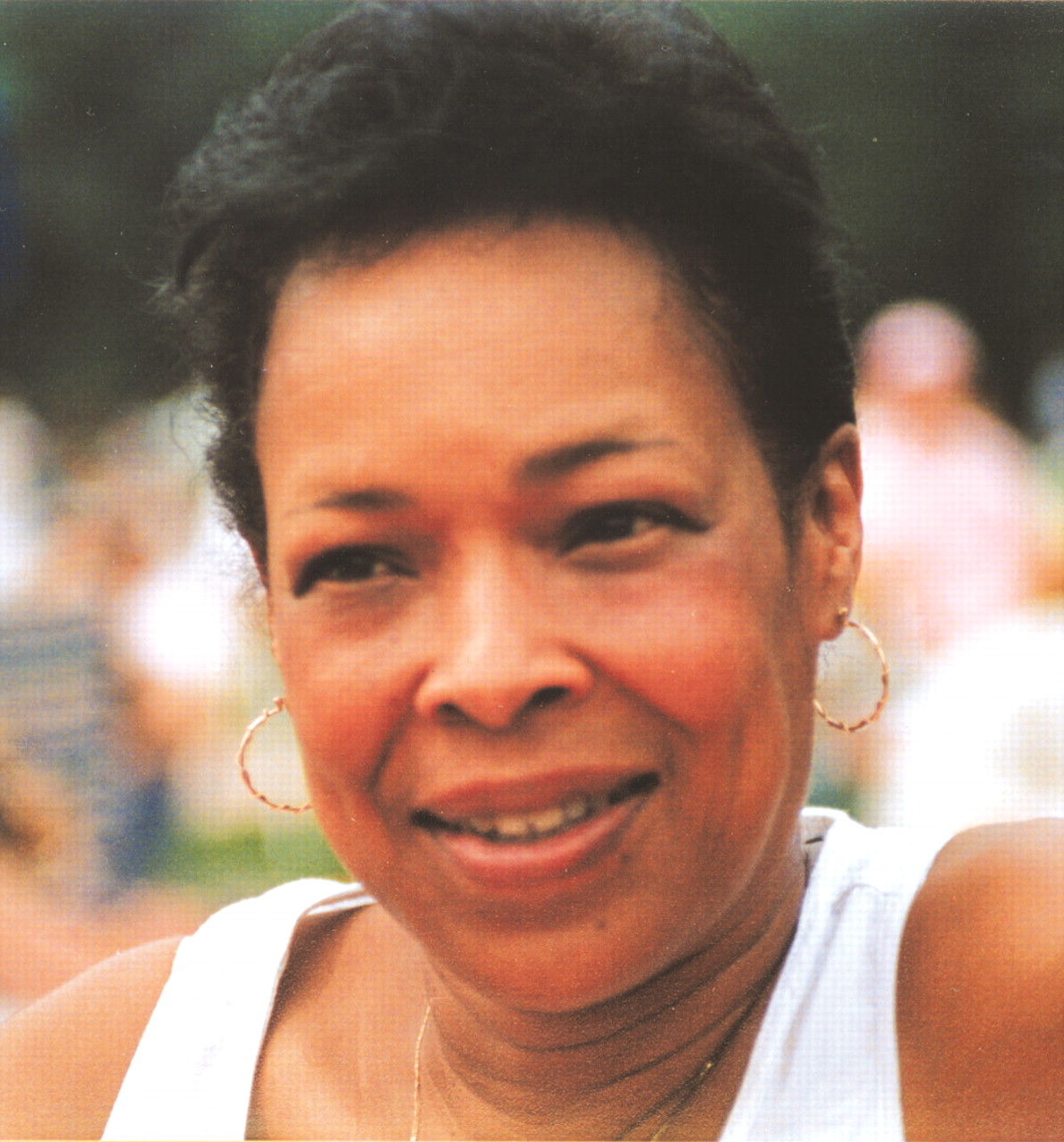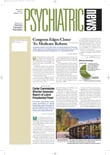The New York County District Branch (NYCDB) lost what many consider its “heart and soul” when Rosalie Landy retired in July from her position as executive director after 25 years of service.
Landy began working for the district branch when it had no more than a one-room office on the corner of 41st Street and Park Avenue in New York City.
She had her work cut out for her, as she pointed out in an article she wrote for the spring district branch newsletter. Aside from the fact that the “district branch office was in disarray—no systems, etc.,” she learned that the building in which the office was housed was scheduled to be demolished.
The faint of heart might have turned around and headed for home, but Landy was undeterred. She had encountered the first of what would turn out to be many challenges in her long career at the district branch, and, as she told Psychiatric News in an interview, “a challenge is a good thing for me.”
On the sunny morning of September 11, 2001, she was presented with the challenge of a lifetime. Landy said she arrived at work just as the second plane crashed into the World Trade Center.
Under orders to evacuate the premises, Landy made the long trip home, and by that evening her home had become the makeshift headquarters for APA’s largest district branch—its membership is nearly 2,000 psychiatrists.
Her home phone number and e-mail address were publicized to members, and gradually she began to link those who needed psychiatric help with psychiatrists from around the country offering their services (Psychiatric News, November 2, 2001).
“We worked under a tremendous amount of emotional burden,” recalled Eric Marcus, M.D., the immediate past president of the district branch. “Amid all that panic, a sane, stable, organized voice rang out like a guiding beacon—that was Rosie.”
The problem wasn’t finding psychiatrists who were willing to help. “There was an outpouring of response from the psychiatric community that was just astounding,” Marcus said. Within weeks, Landy had a list of names numbering in the thousands.
Matching the psychiatrists with individuals, health care organizations, and rescue teams, for instance, demanded organizational skills, and, as Marcus said, “organization is where Rosie is superb—she could run a corporation.”
Landy’s other accomplishments include helping the district branch to respond to the attack on the World Trade Center in 1993, working as managing editor of the district branch newsletter, and assisting in the development of APA’s improved membership system.
Herbert Peyser, M.D., met Landy through his participation as a representative and trustee on the NYCDB Executive Council. He described her as “absolutely essential” to the DB’s work.
“Rosie was the heart and soul of this district branch,” said Peyser.
Landy also had plenty of opportunity to put her people skills to work at the district branch office.
As executive director of the NYCDB, Landy handled members’ concerns with care and skill, according to those who worked closely with her.
“Whenever members called, Rosie would bend over backward to help them,” recalled former district branch president Marlin Mattson, M.D. “She really cared about the members, and they realized she was their ally.”
Landy’s influence permeated the atmosphere of the district branch office, according to Jack Drescher, M.D., a past president and editor of the district branch newsletter. District branch meetings, he said, “are always stimulating, collegial, and enjoyable, and this reflects the atmosphere she has created.”
It was at the Manhattan restaurant Tavern on the Green in July that the psychiatric community came together to express their gratitude to Landy for her years of dedication.
“It was beautiful,” Landy said of the retirement party. She said she was touched by the deluge of appreciation not only from district branch leaders and others with whom she’d worked over the years, but members who up until that point had known Landy only as a friendly voice on the other end of the telephone.
Landy is assisting new staff in the NYCDB office for two days a week until the end of the year. Marcus Lockhart became executive director in July.
She said she will miss the daily excitement of working at the district branch office, as well as the people with whom she worked.
Others feel the same way about her. “Rosalie Landy will be greatly missed,” said APA Medical Director James H. Scully Jr., M.D. “She has been a role model for all of us in organized psychiatry.” ▪

